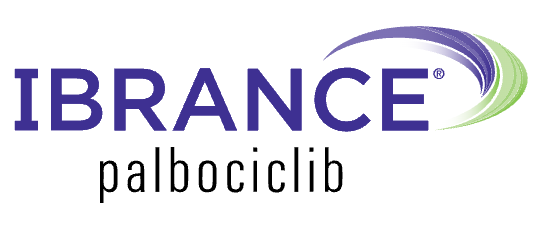Background of Ibrutinib
Ibrutinib, a small molecule, acts as a potent inhibitor of Burton’s tyrosine kinase, functioning as a targeted covalent drug with promising efficacy in B-cell malignancies. Developed by Pharmacyclics Inc., it received FDA approval in November 2013 for mantle cell lymphoma (MCL) under accelerated approval, but the manufacturer withdrew these approvals in April 2023.
The European Medicines Agency (EMA) approved ibrutinib in October 2014. It is currently approved for various conditions, including chronic lymphocytic leukemia (CLL), Waldenström’s Macroglobulinemia, and chronic graft versus host disease (cGVHD), with the additional distinction of being the first FDA-approved cGVHD treatment for children in August 2017.
Role Of Kinase inhibitors
Kinase inhibitors are a class of targeted therapies that have revolutionized cancer treatment by blocking the activity of specific protein kinases, which are involved in various cellular functions, including metabolism, cell cycle regulation, survival, and differentiation. Dysregulation of protein kinases is implicated in various processes of carcinogenesis.
Indications Of Ibrutinib:
1. Mantle Cell Lymphoma (MCL): For adult patients who have undergone at least one prior therapy. This indication is granted under accelerated approval based on the overall response rate, with continued approval contingent upon confirmation of clinical benefit in subsequent trials.
2. Chronic Lymphocytic Leukemia (CLL)/Small Lymphocytic Lymphoma (SLL): For adult patients with CLL/SLL.
3. CLL/SLL with 17p deletion: Specifically for adult patients with CLL/SLL and 17p deletion.
4. Waldenström’s Macroglobulinemia (WM): For adult patients with WM.
5. Marginal Zone Lymphoma (MZL): For adult patients requiring systemic therapy who have previously received at least one anti-CD20-based therapy. Similar to MCL, this indication is granted under accelerated approval pending confirmation of clinical benefit.
6. Chronic Graft Versus Host Disease (cGVHD): For both adult and pediatric patients aged one year and older who have experienced failure of one or more lines of systemic therapy.
Mechanism Of Ibrutinib
Ibrutinib capsule, a pioneering covalent inhibitor targeting Bruton’s tyrosine kinase (BTK), disrupts the B-cell receptor signaling pathway. By forming a covalent bond with the cysteine residue Cys481 in BTK’s active site, it effectively inhibits BTK activity. This inhibition halts the phosphorylation of downstream substrates like phospholipase C-gamma (PLC-γ), crucial for B-cell proliferation, survival, and activation.
Upon oral administration, Ibrutinib is rapidly absorbed and eliminated, reaching peak concentration within 1-2 hours. Its initial half-life after oral dosing in humans is short, approximately 2-3 hours. Metabolism primarily occurs in the liver, with cytochrome P450 (CYP) enzyme CYP3A4 playing a predominant role, while CYP2D6 contributes to a lesser extent.
Route of administration
Ibrutinib is available in various dosage forms and strengths, including capsules (70 mg and 140 mg), tablets (140 mg, 280 mg, 420 mg, and 560 mg), and oral suspension (70 mg/mL).
For different indications:
- For mantle cell lymphoma (MCL) and marginal zone lymphoma (MZL), the recommended dose is 560 mg orally once daily.
- For chronic lymphocytic leukemia/small lymphocytic lymphoma (CLL/SLL) and Waldenström’s macroglobulinemia (WM), the recommended dose is 420 mg orally once daily.
- For chronic graft versus host disease (cGVHD):
- Patients aged 12 years and older should take 420 mg orally once daily.
- Patients aged 1 to less than 12 years should take 240 mg/m2 orally once daily (up to a maximum dose of 420 mg).
Swallow tablets or capsules whole with water; do not open, break, or chew them. Avoid cutting, crushing, or chewing tablets. It is recommended to consult your doctor for more information, including oral suspension administration instructions.
Conclusion
Ibrutinib’s emergence as a first-in-class BTK inhibitor has significantly improved the outlook for patients. Its unique mechanism of action, broad clinical significance, and ongoing research into optimal dosing regimens underscore its importance as a transformative agent in cancer therapy. To check availability of Ibrutinib in India(the generic version), interested individuals can contact the Patient Support Team at (+91) 9315705373 or via email at help@sansfro.com.



